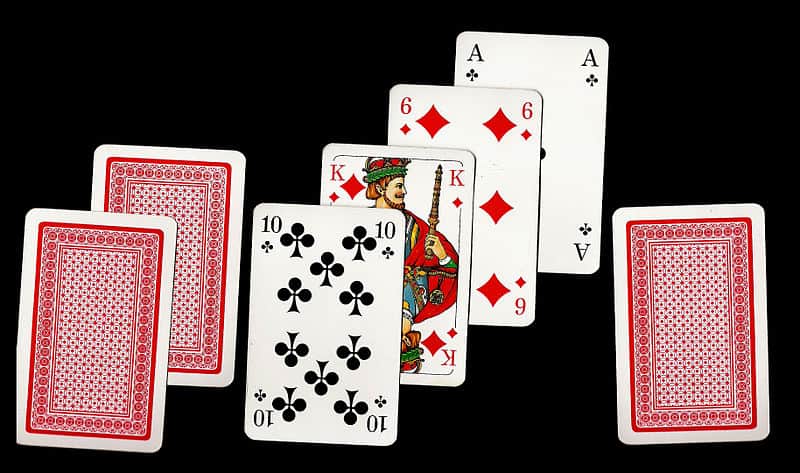
Chinese Poker: A Unique and Strategic Card Game
Chinese Poker, also known as “Open Face Chinese Poker” (OFC), is a captivating and distinctive card game that has gained popularity for its straightforward rules and strategic depth. Unlike traditional poker variants, Chinese Poker challenges players to create three separate hands with a limited number of cards, leading to exciting combinations and intense competition.
Basic Rules of Chinese Poker:
1. Deck and Players: Chinese Poker is typically played with a standard 52-card deck, and the game can accommodate 2 to 4 players.
2. Card Ranking: The standard poker hand rankings apply, with straights and flushes not counting in the bottom hand.
3. Card Distribution: Each player receives 13 cards, and they must arrange them into three hands: a “bottom” hand with 5 cards, a “middle” hand with 5 cards, and a “top” hand with 3 cards.
4. Setting Hands: The bottom hand must be the strongest, the middle hand weaker, and the top hand the weakest. If a player’s hands do not adhere to this hierarchy, they “foul” and lose the round.
5. Scoring: Scoring is based on the comparison of hands with opponents. Players score points for winning each individual hand against their opponents.
Strategies in Chinese Poker:
1. Balancing Hands: Finding the right balance between strong bottom, middle, and top hands is crucial for success.
2. Card Management: Strategically placing cards in each hand to maximize scoring potential is key.
3. Reading Opponents: Observing opponents’ placements can provide valuable insights into their hands, helping players make informed decisions.
4. Fantasyland: Achieving a strong enough hand in the top row allows a player to enter “Fantasyland” in the next round, receiving all 13 cards face down and a significant advantage.
Variations of Chinese Poker:
1. OFC Pineapple: Players receive more cards and must discard one before setting their hands, adding an extra layer of strategy.
2. Progressive Fantasyland: A variant where players can achieve Fantasyland with stronger hands, rewarding skilled play.
Online Chinese Poker:
Chinese Poker has found a home in online platforms, where players can compete against opponents from around the world. Online versions often include features like automatic scoring and Fantasyland tracking.
Chinese Poker’s unique format and strategic nuances make it a refreshing addition to the world of card games. The combination of skill, luck, and intricate decision-making creates an engaging experience for players looking for something beyond traditional poker variants. Whether played casually with friends or competitively online, Chinese Poker offers a distinctive and enjoyable gaming experience.
More About Poker:
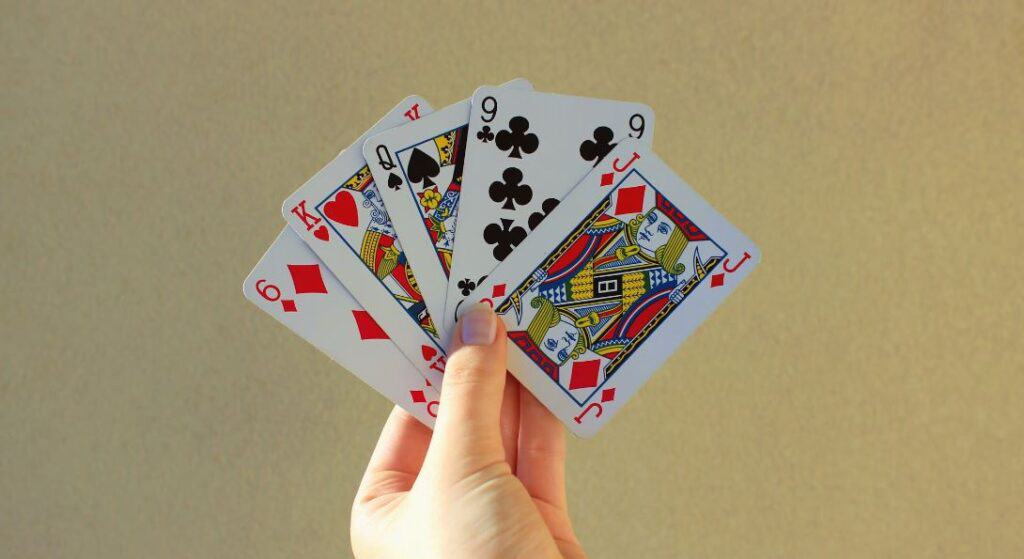
The Level Playing Field: Exploring Suit Equality in Poker
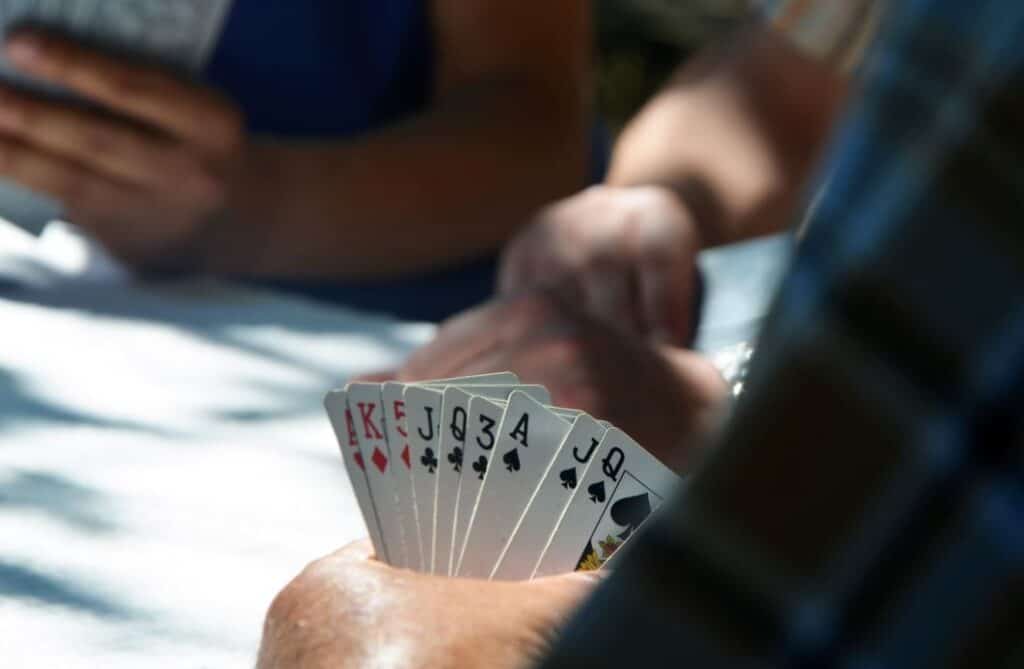
Navigating the Poker Table: Understanding Positions
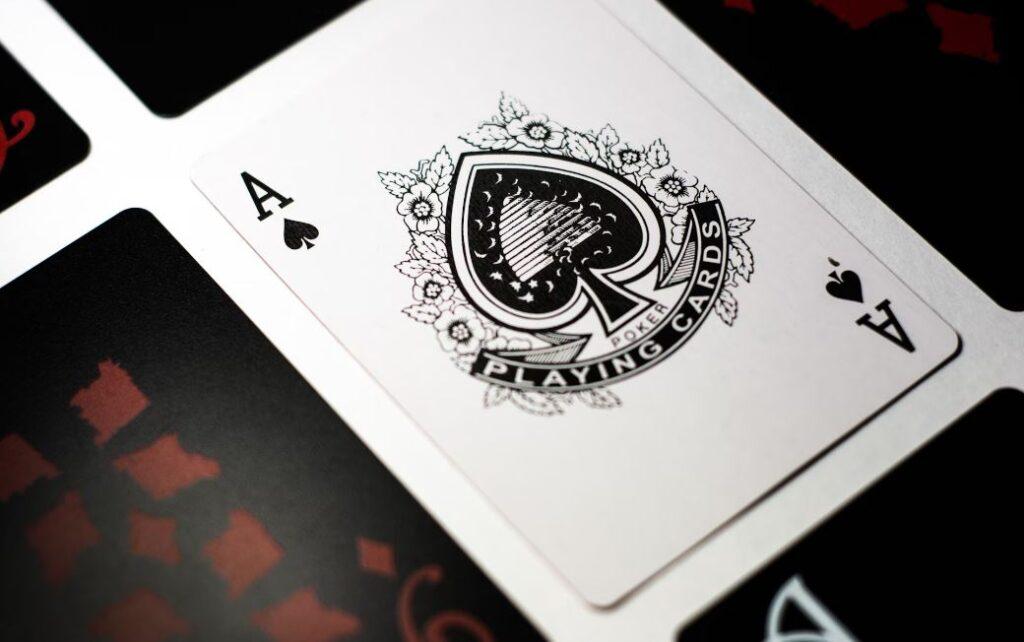
Weak Aces: Navigating the Minefield at the Poker Table

Turning the Tables: Mastering the Poker Turn Card

Cracking the Code: Understanding the Significance of the Flop
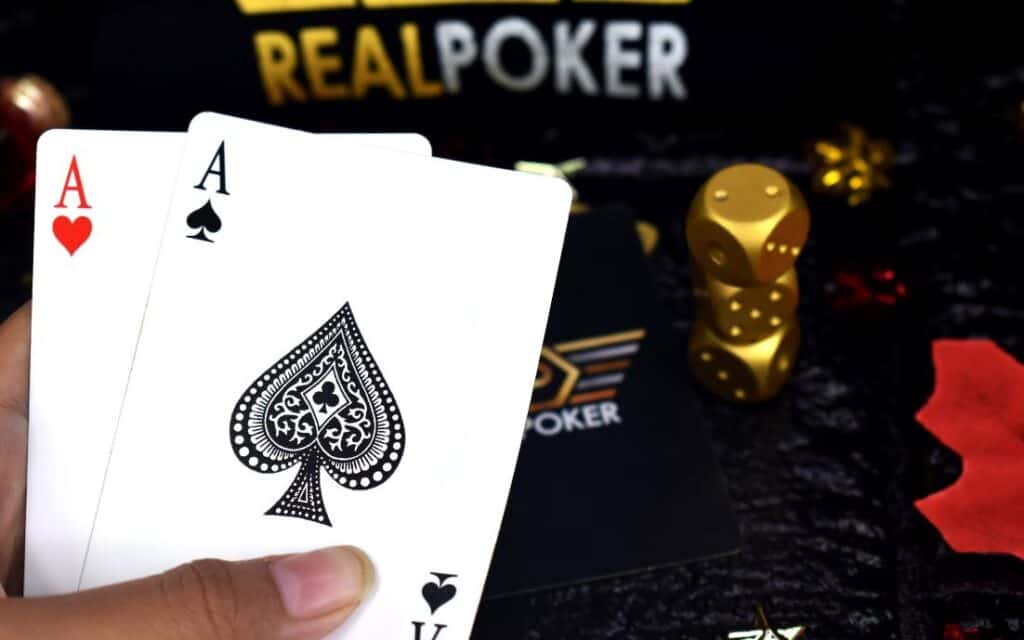
River Revelations: Navigating the Final Card in Poker User
Chinese Poker FAQ: Unraveling the Mysteries of Open Face Chinese Poker
1: What is Chinese Poker?
Chinese Poker, also known as Open Face Chinese Poker (OFC), is a card game where players aim to create three hands—bottom, middle, and top—using a set of 13 cards. The game combines strategy and skill in arranging hands to outscore opponents.
2: How Are Cards Distributed in Chinese Poker?
Each player is dealt 13 cards, and they must strategically arrange them into three hands: a 5-card bottom hand, a 5-card middle hand, and a 3-card top hand.
3: What is the Scoring System in Chinese Poker?
Scoring is based on hand comparisons with opponents. Points are awarded for winning individual hands against opponents. Common scoring systems include “1 point per hand won” or “unit-based scoring.”
4: How Does Hand Hierarchy Work in Chinese Poker?
The bottom hand must be the strongest, the middle hand weaker, and the top hand the weakest. Violating this hierarchy results in a foul, causing the player to lose the round.
5: What Strategies Should I Employ in Chinese Poker?
Balancing Hands: Achieving a balance of strength across bottom, middle, and top hands is crucial.
Card Management: Strategically placing cards to maximize scoring potential is key.
Reading Opponents: Observing opponents’ hand placements provides insights for making informed decisions.
Fantasyland: Aim to enter Fantasyland by achieving a strong enough hand in the top row in the previous round.
6: What is Fantasyland in Chinese Poker?
Fantasyland is a special bonus round achieved by achieving a strong enough hand in the top row. In Fantasyland, players receive all 13 cards face down in the next round, offering a significant advantage.
7: Are There Variations of Chinese Poker?
OFC Pineapple: In this variant, players receive more cards and must discard one before setting their hands, adding an extra layer of strategy.
Progressive Fantasyland: A variant where players can achieve Fantasyland with stronger hands, rewarding skilled play.
8: Can I Play Chinese Poker Online?
Yes, Chinese Poker has gained popularity in online platforms, allowing players to compete against opponents globally. Online versions often include automatic scoring and tracking of Fantasyland.
9: Is Chinese Poker Suitable for Beginners?
While Chinese Poker introduces unique rules, it is suitable for beginners willing to learn the game’s fundamentals. Starting with simpler variants and gradually progressing is advisable.
10: Where Can I Learn More About Chinese Poker Strategy?
Numerous online resources, strategy guides, and forums provide insights into Chinese Poker strategy. Engaging in practice games and learning from experienced players contribute to skill development.
Remember, specific rules and variations may apply based on the platform or house rules. Always familiarize yourself with the rules of the specific venue or online platform you’re engaging with.





